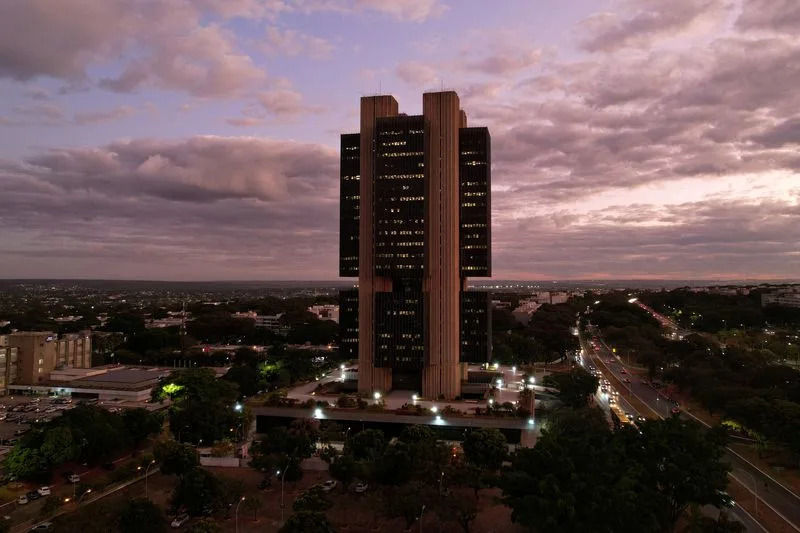Brazil’s economy kept growing at a solid pace last quarter compared to the first three months of the year, supported by household expenditure.
But higher imports of goods and services likely weighed on the country’s growth after surpassing less-dynamic exports at the start of 2024 due to a strong foreign exchange rate, which has depreciated recently.
Second-quarter gross domestic product figures, scheduled for Tuesday, are forecast to show a 0.9% expansion versus the January-March period, when the economy advanced 0.8%, according to the median forecast of 18 analysts polled Aug. 28-Sept. 2.
“We estimate the Brazilian economy grew 0.9% on the quarter, 2.7% yearly… likely supported by resilient private consumption benefiting in part from strong labor markets and rising real wages,” Barclays economists wrote in a report.
While public spending contributed with an increase in social benefit payments, as well as aid related to floods in April and May, “on the downside, the external sector was likely a drag for growth due to higher imports,” they added.
In a report, Santander analysts saw a 7.8% quarterly rise in imports versus a much lower 1.3% gain in exports. In the first quarter, imports and exports grew 6.5% and 0.2% respectively, as Brazilians piled into foreign goods and services.
Meanwhile, from the point of view of supply, total industrial production, including mining, should have expanded by 1.2%, an advance partly offset by a 2.4% contraction in the smaller farm sector, according to Santander.
On an annual basis, economic growth was seen in the survey at 2.7% in the second quarter, the highest since 3.5% in the same period of 2023, following the inauguration of President Luiz Inacio Lula da Silva at the beginning of last year.
“Brazil’s growth is particularly surprising as this economy could grow close to 3% for the second consecutive year, an average rate that outperforms the other countries of the region in 2023 and 2024,” J.P. Morgan economists wrote in a report.
“We think this strength will be extended through the third quarter but foresee some deceleration going forward as, for the first time in a while, both monetary and fiscal policies will be restrictive for growth.”
Last week, Lula signalled he would accept a potential rate hike from his central bank chief nominee for 2025-2028. At the same time, the finance ministry vowed to fulfill its promise of fiscal restraint by year-end.



